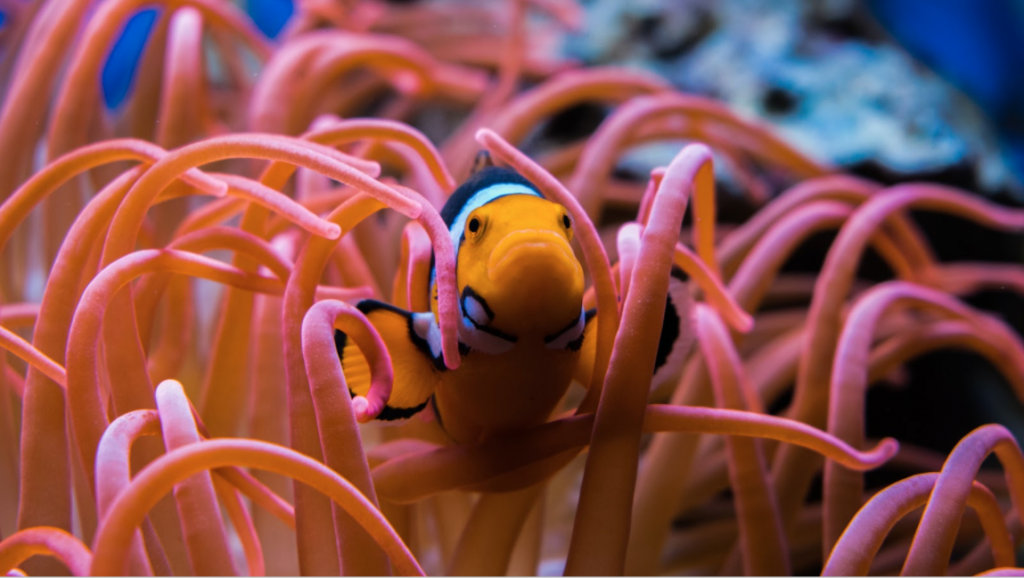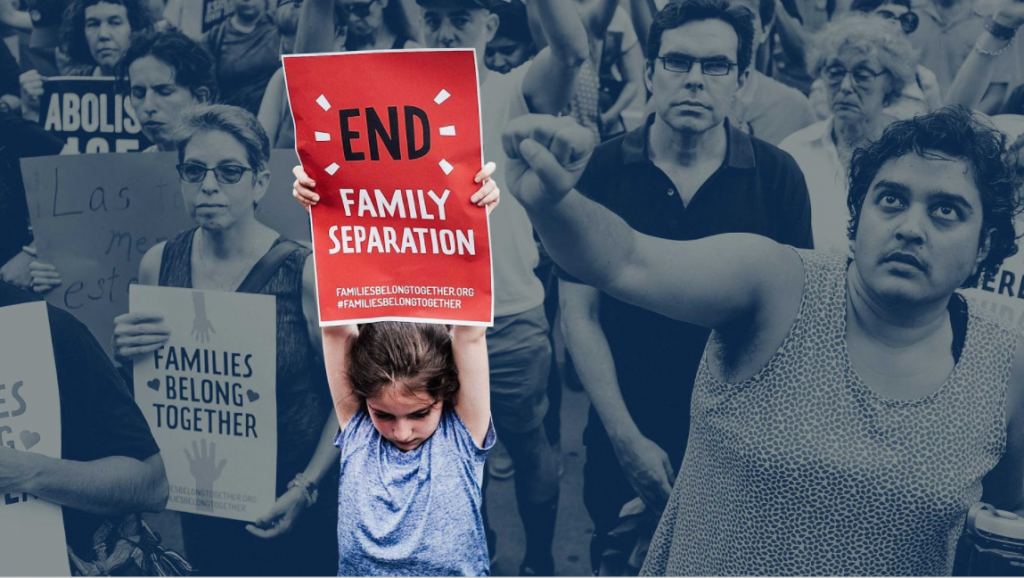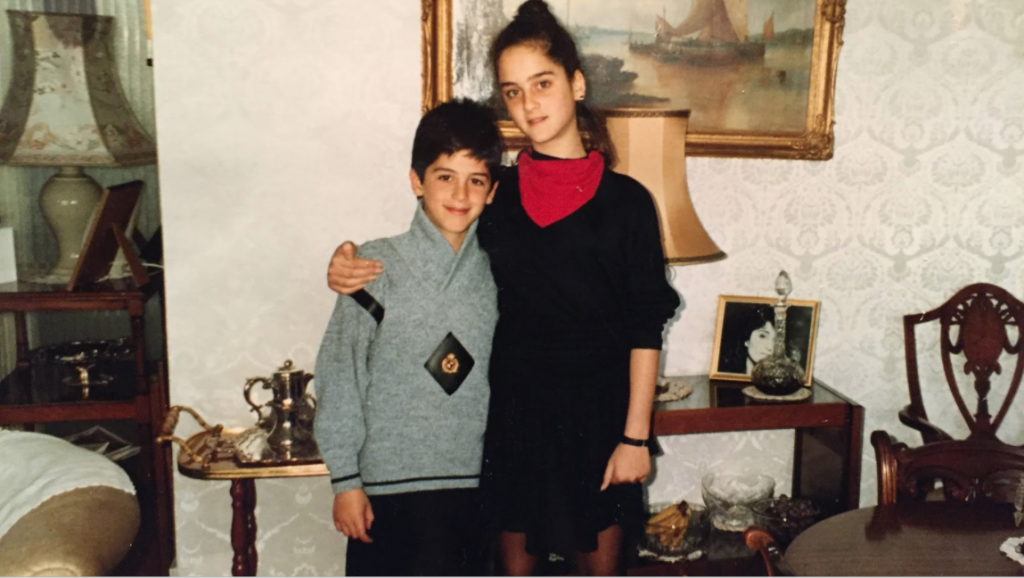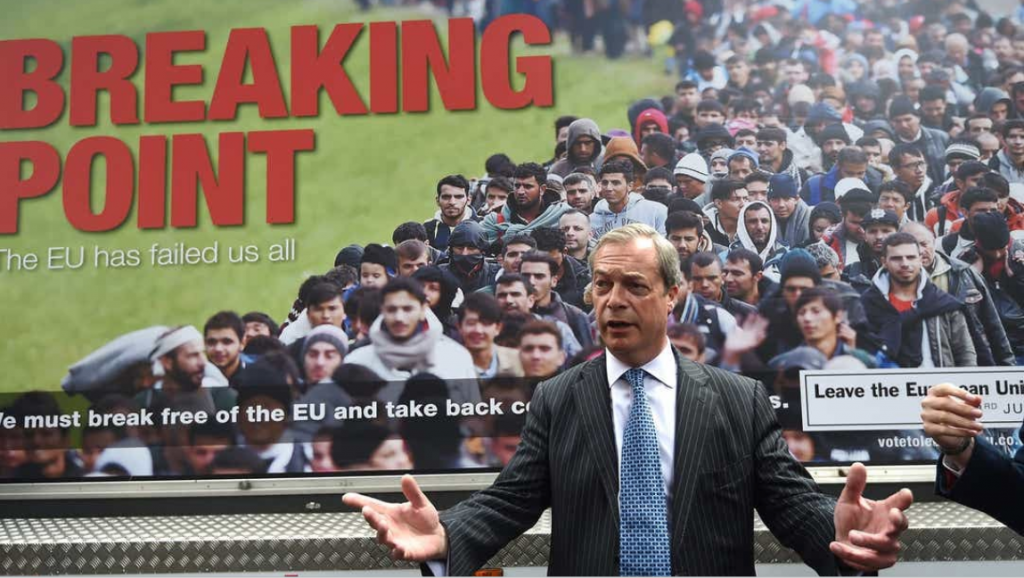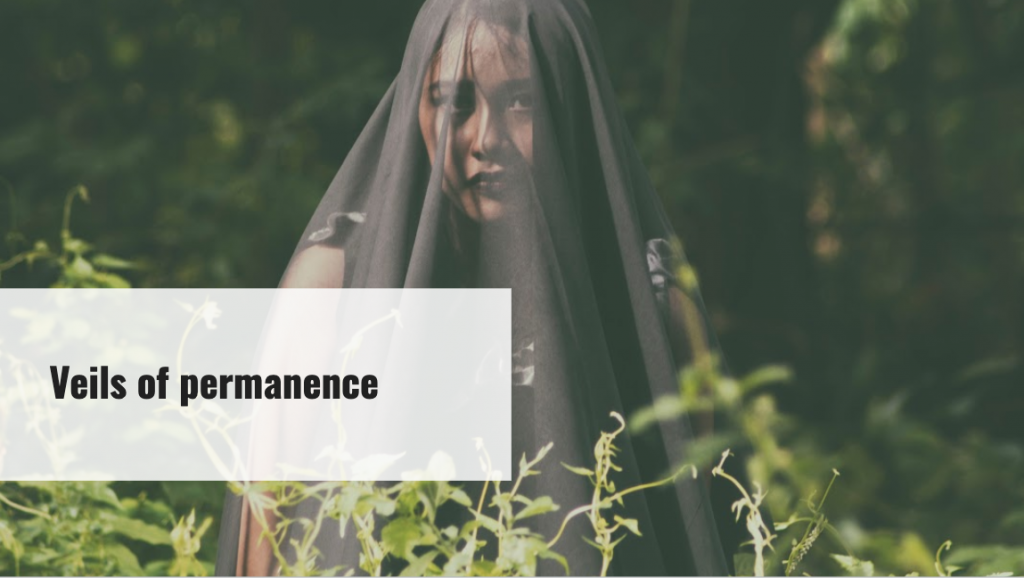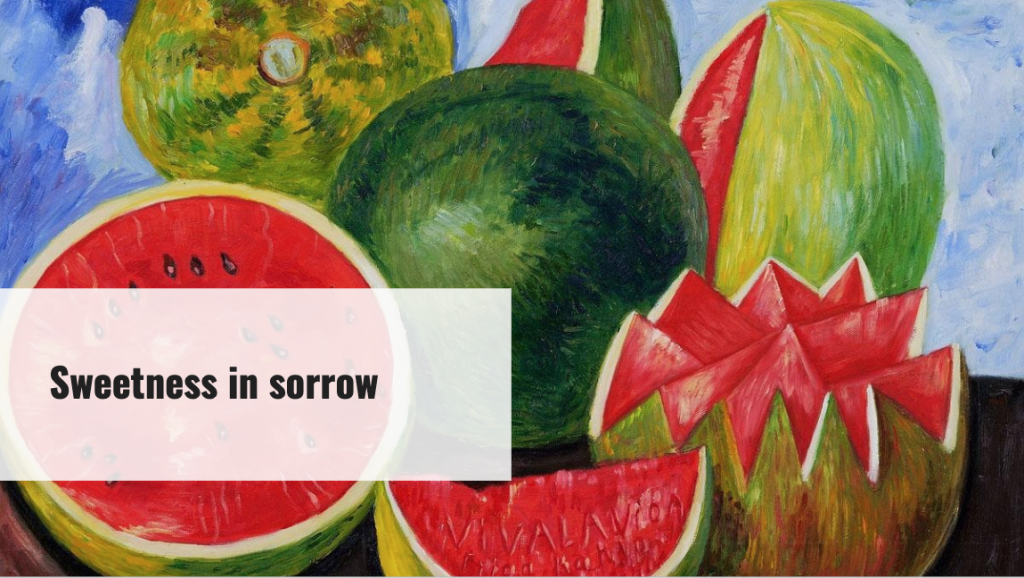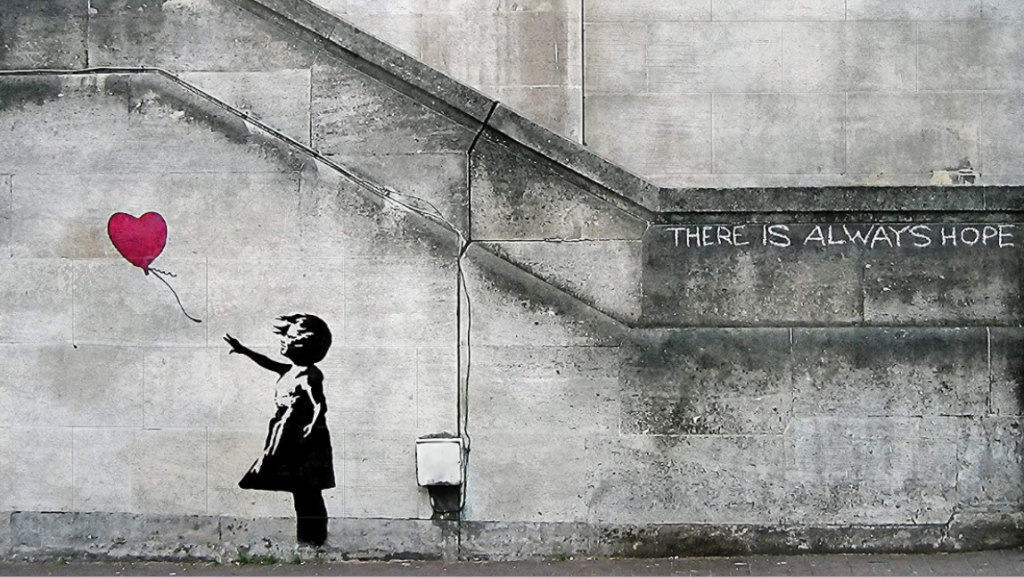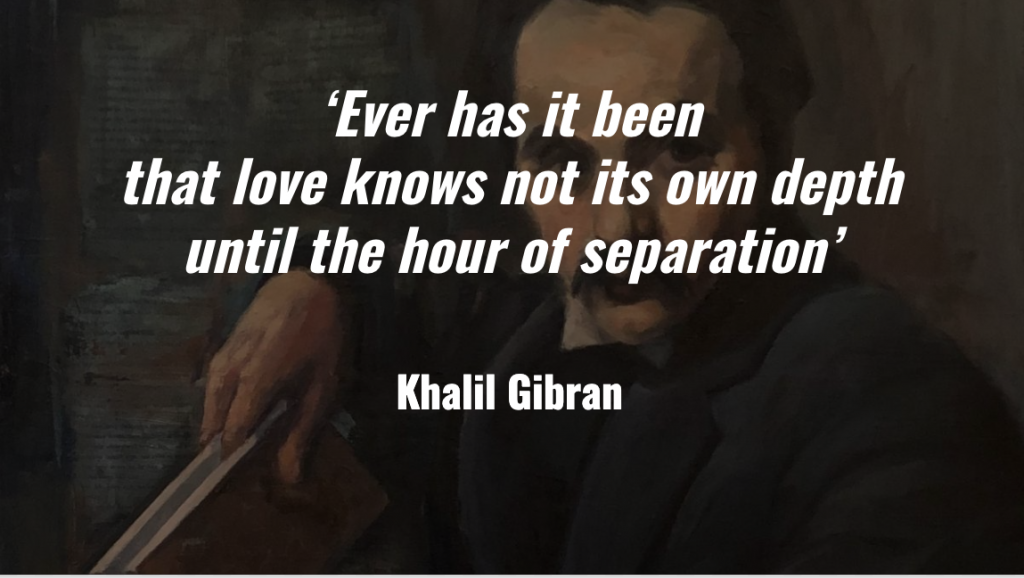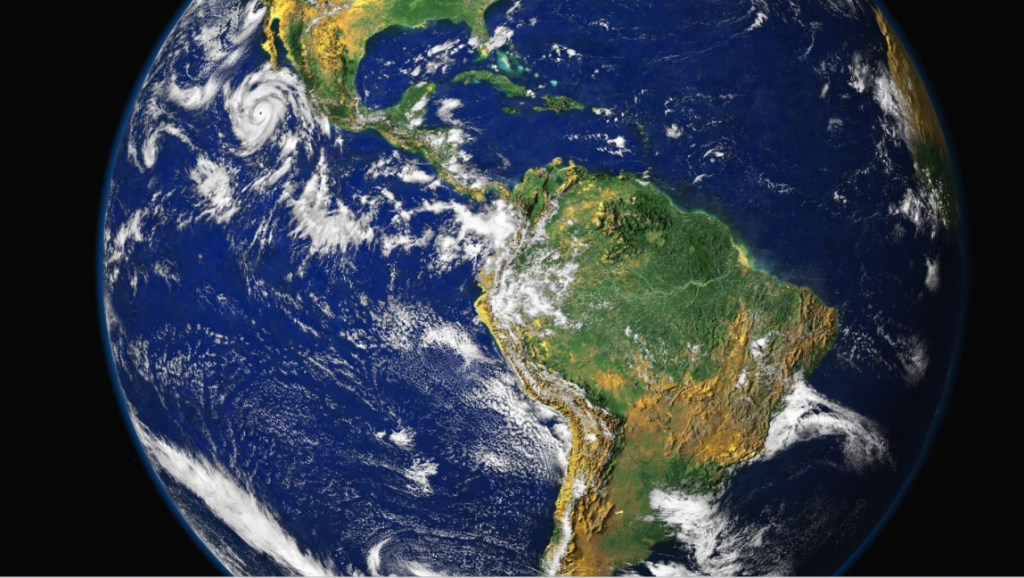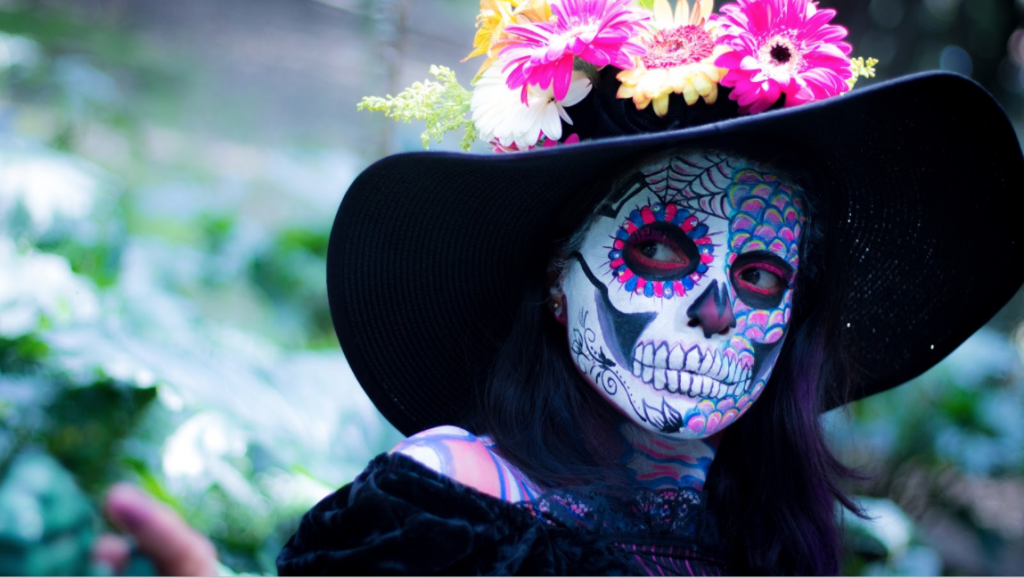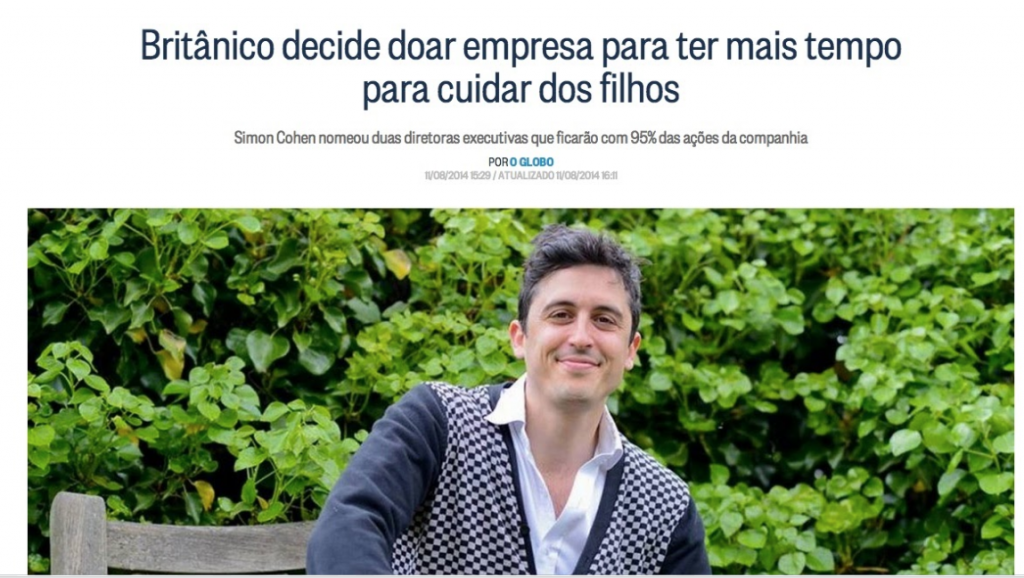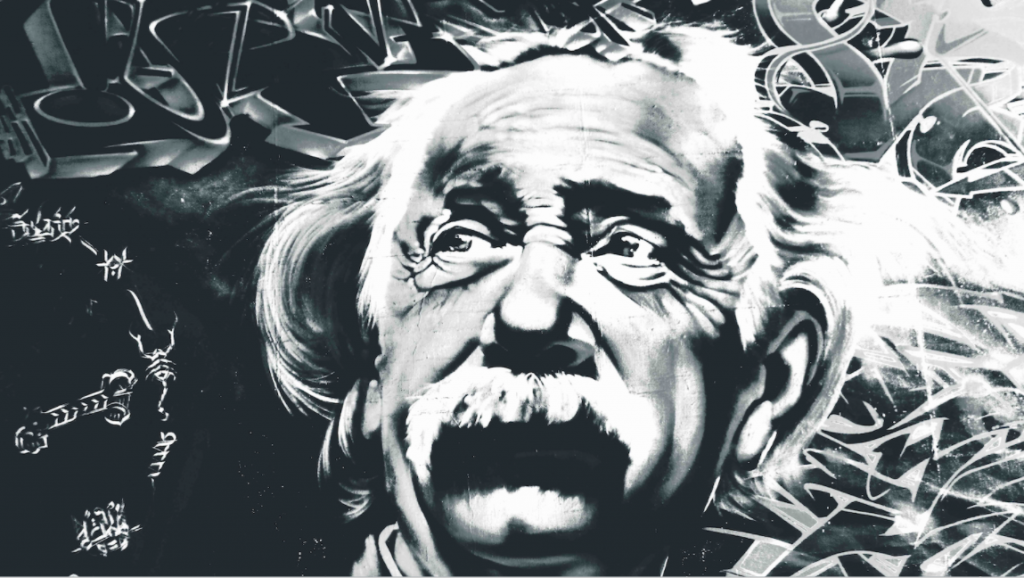Brexit, Life & Leadership
02 Oct 2020I gave this keynote ‘How to say goodbye: Brexit, life and leadership’ in October 2019 at the Worldwide Meeting on Human Values in Monterrey, Mexico at the futuristic 4000 capacity Pabellon-M auditorium. In my most personal talk to date, I explore:
- Brexit as just one of many examples in society that show how terrible we are at goodbyes
- why goodbyes are so important in leadership and in life – looking at evolutionary biology and symbiotic relationships
- how to make our goodbyes better – whether it’s Brexit, leaving a job, or saying our final farewell to loved ones

